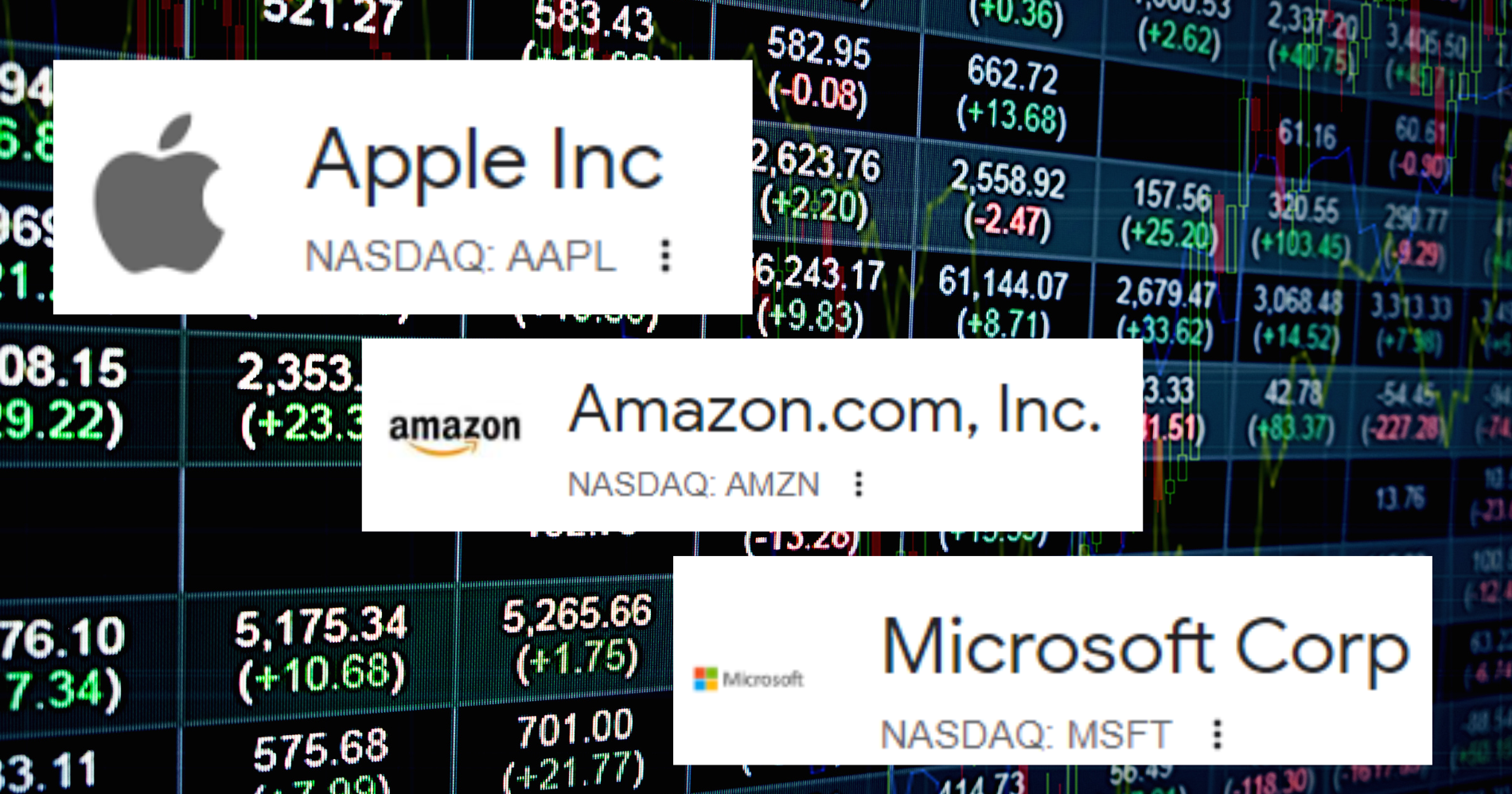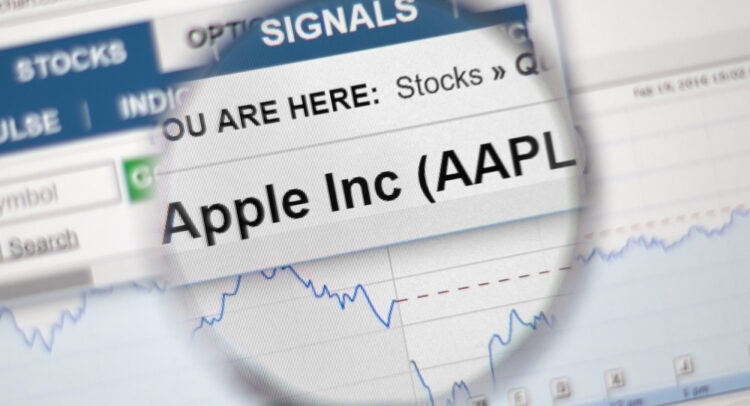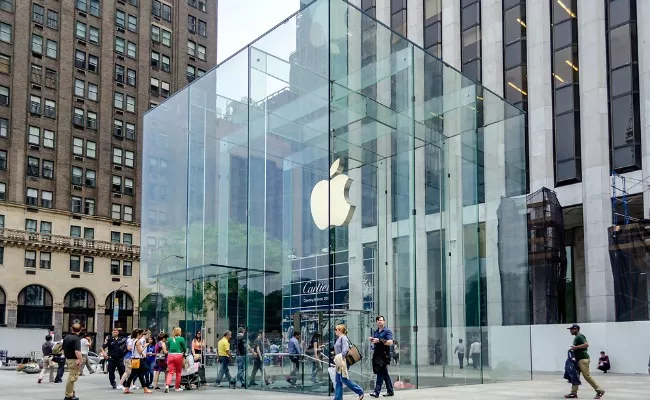Apple stock impact is no longer just a market headline—it’s a global economic force. As Apple surpasses a $3 trillion valuation, its influence on international markets, ETFs, and investor behavior is stronger than ever. In fact, movements in AAPL can cause ripples across the entire financial ecosystem.
Apple is not just a tech company. Moreover, it’s a massive component in nearly every major U.S. stock index—such as the S&P 500 and NASDAQ. Because of this, a significant rise or fall in Apple’s stock price doesn’t just affect its shareholders—it can shift entire indices.For example, when AAPL gained 5% in a single day, it added over $150 billion in market value, influencing tech ETFs and the overall market sentiment.

1. Apple’s Market Cap: A Trillion-Dollar Tech Behemoth
In addition Apple is not only a tech firm; as of 2025 its market value more than $3 trillion makes it the most valuable publicly traded corporation in the world. This implies that even small changes in Apple’s stock price can cause significant changes in world stock indices like:
S&P. 500
NASDAQ
Dow Jones Industrial Average
Major indexes usually climb when Apple stock rises. When it drops, world markets usually feel the tremor.
2. Direct Effect on Global Investment Portfolios and Pensions
Furthermore, hedge funds and mutual funds often overweight Apple in their holdings. This is because Apple consistently delivers strong earnings and solid returns. However, this overexposure creates a potential risk: if Apple underperforms, the entire portfolio feels the impact.Therefore, many analysts closely track Apple’s quarterly performance to predict broader market movements.

3. Apple’s performance as a global economic
From Chinese manufacturers to chip suppliers in Taiwan and South Korea to retail markets all throughout Europe and Latin America, Apple’s supply chain crosses the world.
Investors see iPhone, Mac, or iPad sales drop as a hint that world consumer spending could be tapering. This usually results in a sell-off of tech stocks; in more severe situations, it causes concerns of a global recession.
4. Apple as a Measure of Market Sentiment and Innovation
Markets respond nearly immediately every time Apple reveals a new product or revolutionary technology—be it the Apple Vision Pro, M-series CPUs, or its newest artificial intelligence services. The ripple effect affects:
Manufacturers of chips including TSMC, AMD, and NVIDIA.Logistics firms in the supply chain Worldwide retail and e-commerce industriesProviders of artificial intelligence and cloud computingApple not only propels technological innovation but also investor confidence and industry-wide momentum.

5. Close Relationship to the Strength of the US Dollar
Apple’s performance is inimately related to the strength of the US dollar as a US-based multinational making a huge amount of money elsewhere. A stronger dollar damages Apple’s international profits; this usually results in a decline in stock price, which has an impact on portfolios and world market mood.
In conclusion
Ultimately, the Apple stock impact goes far beyond Wall Street. It shapes consumer confidence, drives ETF flows, and affects decisions made by central banks and institutional investors alike. In conclusion, understanding the weight and influence of Apple in today’s market is not optional—it’s essential.















